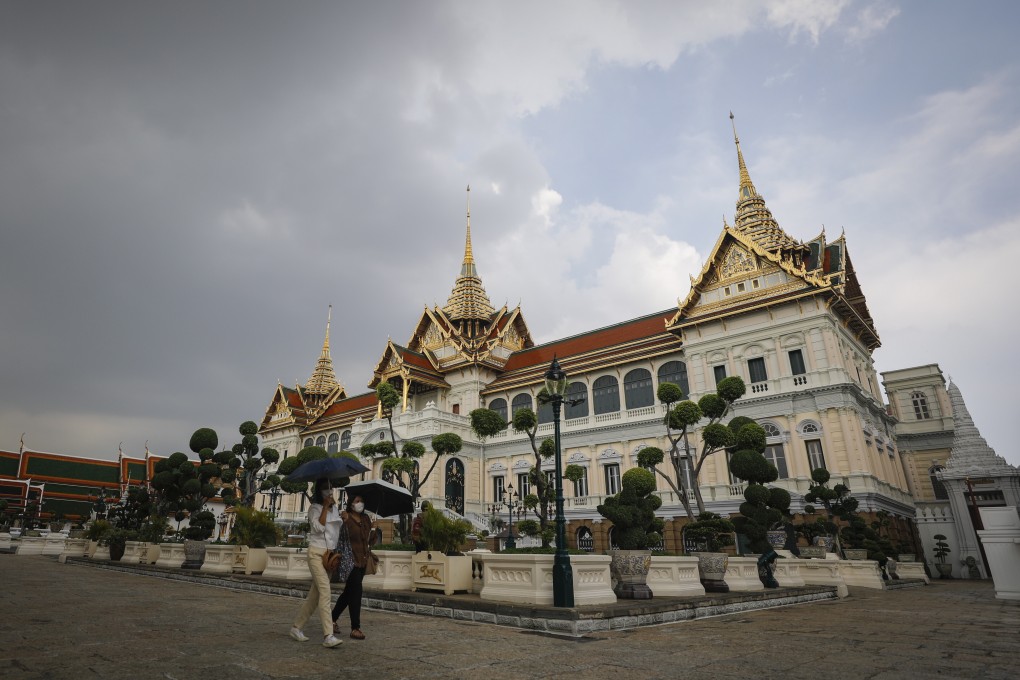Destinations known | Across Asia, rising Covid-19 case numbers burst all hopes of ‘travel bubbles’
- Hongkongers itching for a taste of the Thai sun will now have to wait until next year
- Europe’s borderless nations reimpose restrictions amid second wave of virus cases

According to the Global Covid-19 Index, which scores how well 184 countries are coping with the pandemic, Thailand has cause for celebration; the Southeast Asian nation currently occupies second spot in the rankings, behind Denmark. But the Land of Smiles should have been smiling for very different reasons, as 2020 was supposed to mark the 60th anniversary of its lucrative tourism industry. It was expecting 42 million international arrivals to stream in, spending US$77 billion while they were there.
Instead, it is expected that up to one-third of the nation’s travel sector might disappear completely. In July, the president of the Tourism Council of Thailand, Chairat Trirattanajarasporn, told Bangkok-based digital newspaper The Nation: “The council estimates that in the next three months up to 30 per cent of tourism-related businesses are at risk of shutting down permanently.” If true, that could mean mass unemployment affecting millions.
Needless to say, like the tenuous globules they are named after, those travel bubbles burst – external pressures proved too much.
On August 6, Reuters reported that Thailand had put its plans to create any travel bubbles on hold. “We are delaying discussion of travel bubble arrangements for now given the outbreak situation in other countries,” Taweesin Wisanuyothin, the country’s coronavirus task force spokesman, told the news agency.
Rising Covid-19 case numbers across Asia have all but popped the prospects of regional travel resuming in the near future. Speaking to United States broadcaster Voice of America last month, Ken Atkinson, vice-chairman of the Vietnam Tourism Advisory Board, said: “We’re looking at some time into next year before we can really see non-quarantine travel from anywhere.”
He was echoed by Chattan Kunjara Na Ayudhya, of the Tourism Authority of Thailand, who suggested during a recent webinar that the country would remain closed to international arrivals until 2021. “I see no signal from the government that the country will open this year […] The Christmas period, usually the high season, is in jeopardy and I’m looking horribly even to Chinese New Year, in February, which is an iffy proposition at best now,” he said. “Unfortunately, this is not a rosy picture.”
In Europe, which blazed the summer’s travel bubble trail, border controls between Schengen countries were largely lifted and even Brexit Britain got a look in, sending sun-seeking citizens to Spain and beyond. But restrictions are being reimposed as infections spike in France, Germany, Greece and elsewhere, exposing the risks of opening up and encouraging people to flow freely.
